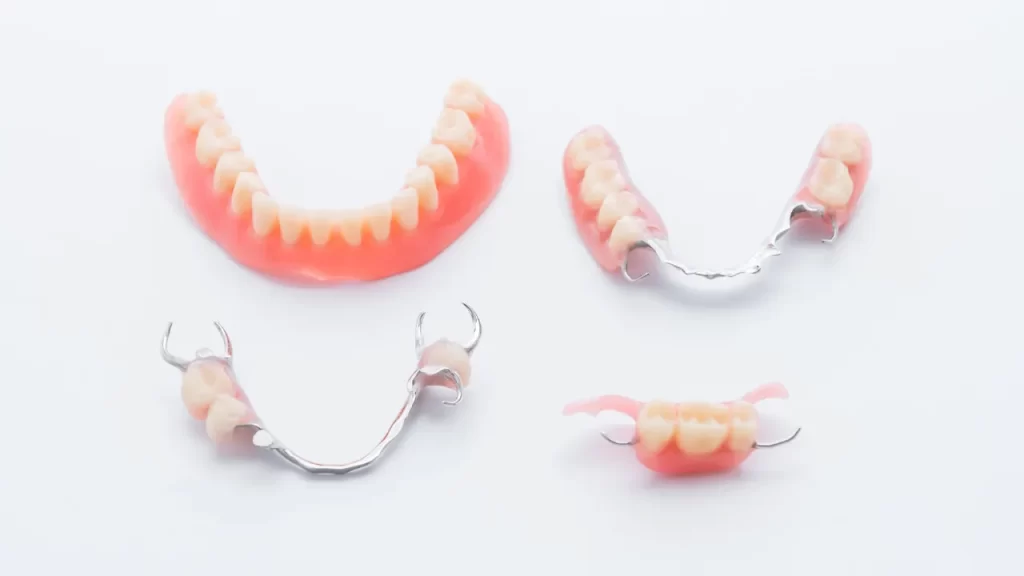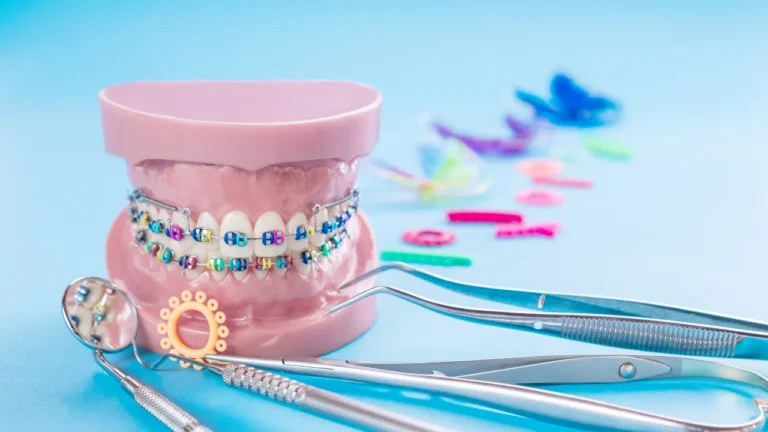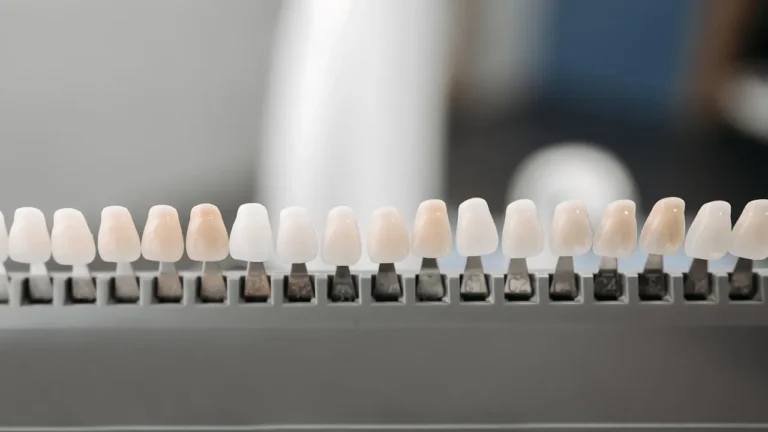This blog post is a great resource for anyone considering dentures or simply wanting to know more about them.
It provides a comprehensive overview of dentures, including their types, benefits, and how to care for them. Here’s an improved version with a sample consultation included:
Understanding Dentures
Dentures are removable appliances that replace missing teeth and restore your smile. They can be a fantastic solution for maintaining dental health and confidence, whether due to aging, injury, or other dental issues.
Types of Dentures
- Full Dentures: These replace all the teeth in either the upper or lower jaw and are typically made of acrylic. They’re ideal for individuals who have lost most or all of their teeth.
- Partial Dentures: Used when some natural teeth remain, partials consist of replacement teeth attached to a gum-colored plastic base, sometimes with a metal framework [1]. They benefit those with a few missing teeth by preventing remaining teeth from shifting.
- Implant-Supported Dentures: Anchored by dental implants for a secure fit, these dentures offer improved stability and comfort while preserving jawbone health. They’re ideal for patients with sufficient bone density for implants.
- Immediate Dentures: Placed immediately after teeth extraction, these dentures allow you to avoid being without teeth during healing. They protect your gums while healing and are ideal for individuals who need extractions but don’t want a gap during the process.
Benefits of Dentures
- Restoring Functionality: Dentures significantly improve your ability to chew and speak properly, making everyday activities easier.
- Enhancing Aesthetics: A well-made set of dentures can provide a natural-looking smile, boosting your confidence and self-esteem.
- Supporting Facial Structure: Dentures help maintain your face’s shape by supporting the cheeks and lips, preventing a sunken appearance that often comes with tooth loss.
Maintenance Tips for Dentures
- Daily Cleaning Routine:
- Rinse dentures after eating to remove food particles.
- Brush your dentures daily with a soft-bristled brush and a non-abrasive denture cleaner.
- Soak dentures overnight in a mild denture-cleaning solution.
- Handling Dentures Carefully:
- Handle your dentures over a soft towel or basin of water to prevent breakage if dropped.
- Avoid using hot water, which can warp the dentures.
- Regular Dental Checkups:
- Visit your dentist regularly for checkups and adjustments to ensure proper fit and function.
- Proper Storage:
- When not in use, keep your dentures in water or a denture-soaking solution to prevent drying out and losing their shape.
- Avoiding Common Mistakes:
- Don’t use abrasive cleaners or stiff brushes on your dentures.
- Avoid placing your dentures in hot water.
- Don’t try to adjust or repair your dentures yourself; always consult a professional.
Sample Consultation
Considering dentures? Here’s a glimpse of what a consultation at a dental clinic might be like:
- You’ll discuss your dental history and goals with the dentist. This helps them determine the best type of denture for you.
- The dentist will examine your mouth to assess your jawbone health and remaining teeth. This is crucial for determining denture fit and stability.
- You’ll have the opportunity to ask questions and discuss your concerns. Don’t hesitate to ask about anything related to dentures and denture care.
By following these tips and having regular consultations with your dentist, you can ensure your dentures last a long time and contribute to a healthy smile.
Reference
- [1] Mayo Clinic. Denture care: How do I clean dentures? https://www.mayoclinic.org/denture-care/expert-answers/faq-20058375
- [2] American Dental Association. Denture Care and Maintenance https://www.mayoclinic.org/denture-care/expert-answers/faq-20058375









